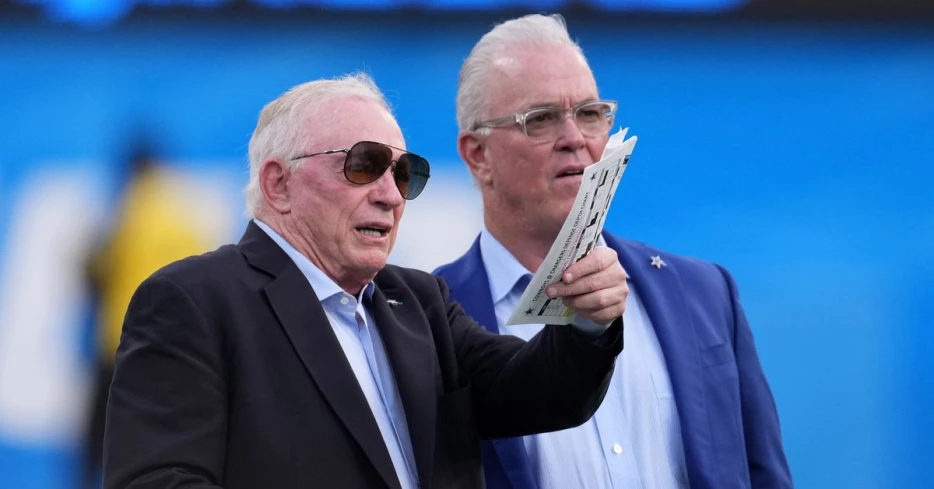
 Blogging The Boys
Blogging The Boys
How do you feel the Cowboys handle dead money?
Roster building consists of many different elements. How a team uses its financial resources looms large in what type of team they’re able to field on Sundays. For the Dallas Cowboys, this has been a big point of contention, as many have questioned how they use their money. Are they spending enough money? Are they spending it on the right players?
When teams make poor decisions, they can find themselves paying for it with dead money hits, which can hurt future cap budgets and hinder a team’s ability to improve their roster. Yesterday, we broke down some of the reasons teams accrue dead money hits, noting that not all dead money is created equal. We also mentioned that these dead money totals are considerably different between the Cowboys and Eagles, identifying several players from each team that contribute toward those figures. Today, we’ll branch out and look at where the other NFL teams fall and examine what type of impact it has had on them.
We know the front offices of the Cowboys and Eagles operate quite differently. Howie Roseman is constantly dealing with heavy dead-money hits. He’s shown a strong willingness to hit the reset on any position group necessary, change up personnel, and deal with the financial consequences later. The Eagles have not been fazed by monstrous dead-money hits.
In most cases, dead money charges are obstacles. These outstanding debts can stem from investing in bad players, restructuring contracts, and deferring cap hits with money allocated into void years. Sometimes the dead money is just pushing out the cost; other times it’s wasteful. Teams don’t want large dead-money hits because it can limit their spending power in any given year, that is, unless you’re the Eagles.
It should surprise no one that the Eagles have the largest dead money total over the last five years at a whopping $333 million. The Cowboys, on the other hand, are in the lower quadrant of NFL teams during this span, coming in just under $140 million. We can already feel your blood boiling as this information might suggest expensive dead-money charges show a willingness to take chances, while a more cautious approach, minimizing dead money, will get you nowhere. Is that true? Let’s examine.
Here are the dead money hits for all 32 teams over the last five years (figures courtesy of spotrac.com).
The Eagles are marching to the beat of their own drum with nearly $60 million more dead money than the next-highest team. They are regularly among the teams with the highest dead money hit each year. They are also the defending Super Bowl Champions. Not only are the huge dead money hits not holding them back, but they’re somehow flourishing in that environment. Should more teams...